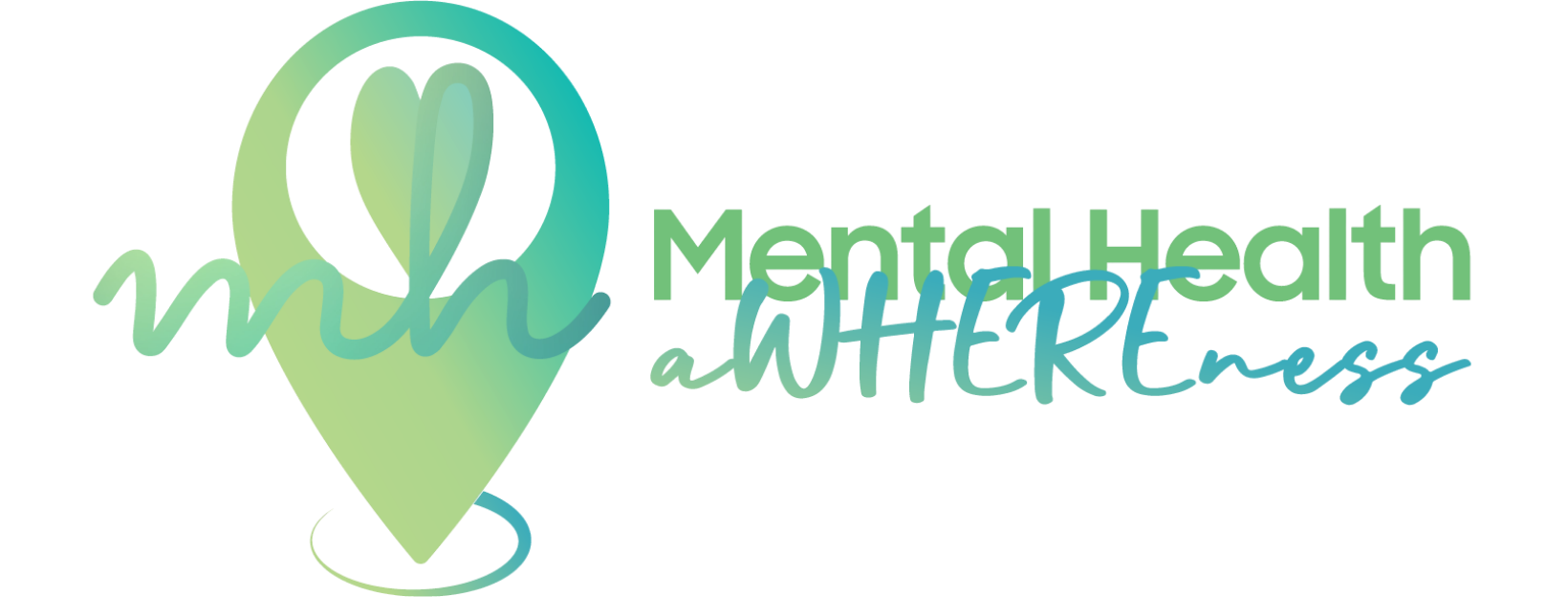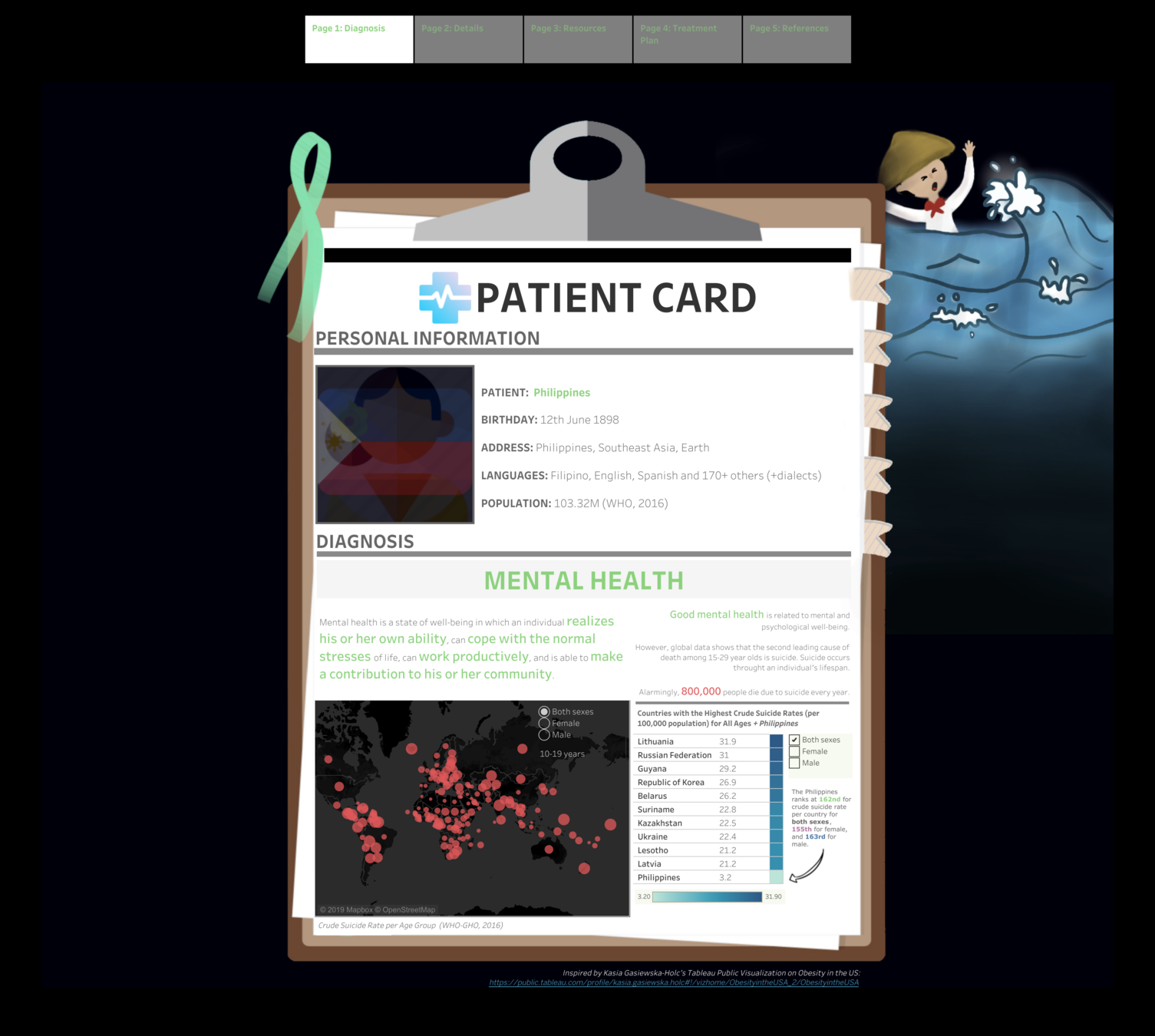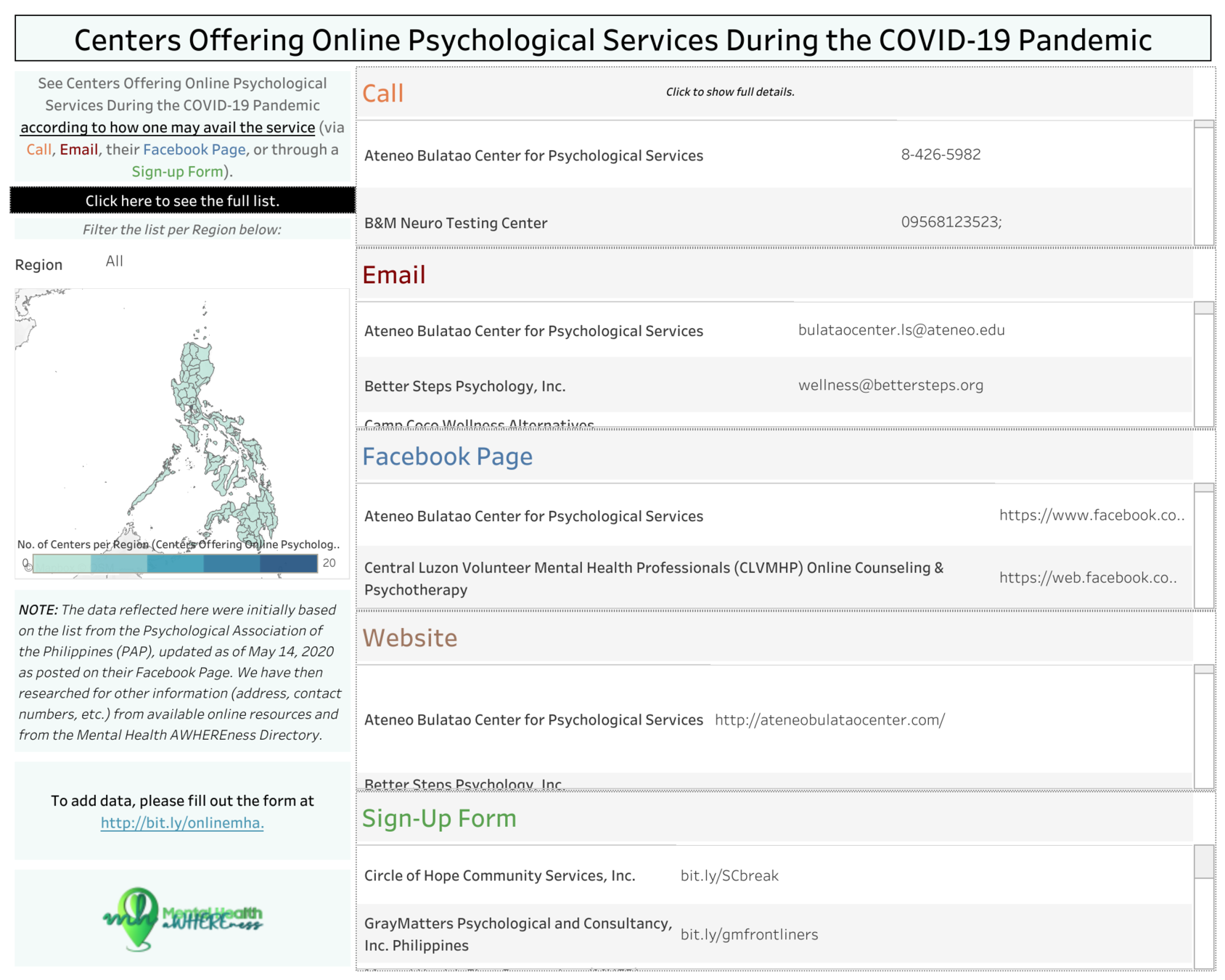Understanding Mental Health
Understanding Mental Health
Mental Health
“a state of well-being in which every individual realizes his or her own potential, can cope with the normal stresses of life, can work productively and fruitfully, and is able to make a contribution to her or his community”


Mental Health
✓ is an integral part of health
Cost-effective public health and intersectoral strategies and interventions should exist to promote, protect and restore mental health.

✓ is more than the absence of mental disorders
✓ is determined by a range of socioeconomic, biological and environmental factors
-
Around 20% of the world's children and adolescents have mental disorders or problems.
-
Over 800,000 people die due to suicide every year and suicide is the second leading cause of death in 15-29-year-olds.
-
Stigma and discrimination against patients and families prevent people from seeking mental health care.
-
Around 20% of the world's children and adolescents have mental disorders or problems.
-
Over 800,000 people die due to suicide every year and suicide is the second leading cause of death in 15-29-year-olds.
-
Stigma and discrimination against patients and families prevent people from seeking mental health care.







International Labour Organization, (2020). "Global Survey on Youth and COVID-19" . https://www.ilo.org/wcmsp5/groups/public/---ed_emp/documents/publication/wcms_753026.pdf

Education and Training
- The closure of schools, universities, and training centers effected over 73% of the youth surveyed who were in education and training.
- Nearly one in eight (13%) saw their education and training come to a complete stop, with no courses, teaching, or tests set since the pandemic began.
- The transition to online and distant learning appears more widespread among youth in high-impact countries, highlighting the large "digital divides" between regions.
- The outlook for career prospects is dominated by uncertainty and fear.
International Labour Organization, (2020). "Global Survey on Youth and COVID-19" . International Labour Organization (ILO)

Education and Training
- Despite efforts to ensure continuity in education and training services, 65% reported having learnt less since the onset of COVID-19.
- Only one in three (35%) managed to sustain or improve their learning.
- With most reporting having learnt less, 1/2 (51%) anticipated their studies being delayed, with likely impacts on the school-to-work transition.
- Yet young people haven't given up - about half have sought out new learning opportunities, despite the crisis and school closures.
International Labour Organization, (2020). "Global Survey on Youth and COVID-19" . International Labour Organization (ILO)
- Used Short Warwick-Edinburgh Mental Wellbeing Scale (SWEMWBS)
Mental Well-being
- Globally, 1 in 2 (50%) of young people aged 18-29 are possibly subject to anxiety or depression, while a further 17% are probably affected by it.
- The mental well-being of young people whose education or work had been disrupted the most since the onset of the pandemic was greatly reduced.
- Average mental well-being was lower for young women
- Mental well-being during the crisis is shown to be correlated to some extent with age, with younger groups experiencing poorer well-being outcomes.
- 38% are uncertain of, and 16% are fearful about, their future career prospects.

How de cope with stress during this Pandemic?

70,000
98%
80%
Think about how you are feeling. Don’t ignore your feelings, especially if you don’t feel well.






If you must stay at home, maintain a healthy lifestyle - including proper diet, sleep, exercise and social contacts with loved ones at home and by email and phone with other family and friends.

Get the facts. Gather information that will help you accurately determine your risk so that you can take reasonable precautions. Find a credible source you can trust such as WHO website or, a local or state public health agency.
Limit worry and agitation by lessening the time you and your family spend watching or listening to media coverage that you perceive as upsetting.
Draw on skills you have used in the past that have helped you to manage previous life’s adversities and use those skills to help you manage your emotions during the challenging time of this outbreak.

- Keep a diary
- Express your feelings through art, like writing a poem, drawing, dancing, or playing music
- Talk about your feelings and concerns with someone you trust
- Try some breathing exercises. You may find guided breathing exercises online if you have access to internet.

Try to go to bed and wake up at the same times every day, making sure you get enough sleep. Plan ahead and try to have a balance of activities such as keeping up with schoolwork, physical exercise, connecting with friends and family, doing things you enjoy, and eating regular meals.
Keep a daily routine as much as possible.

Don’t use smoking, alcohol or other drugs to deal with your emotions.

If you feel overwhelmed, talk to a health worker or counsellor. Have a plan, where to go to and how to seek help for physical and mental health needs if required.
- feel overwhelmed with emotions like sadness, fears and worries
- feel like stress gets in the way of your daily routines, or
- feel like you want to harm yourself or others.
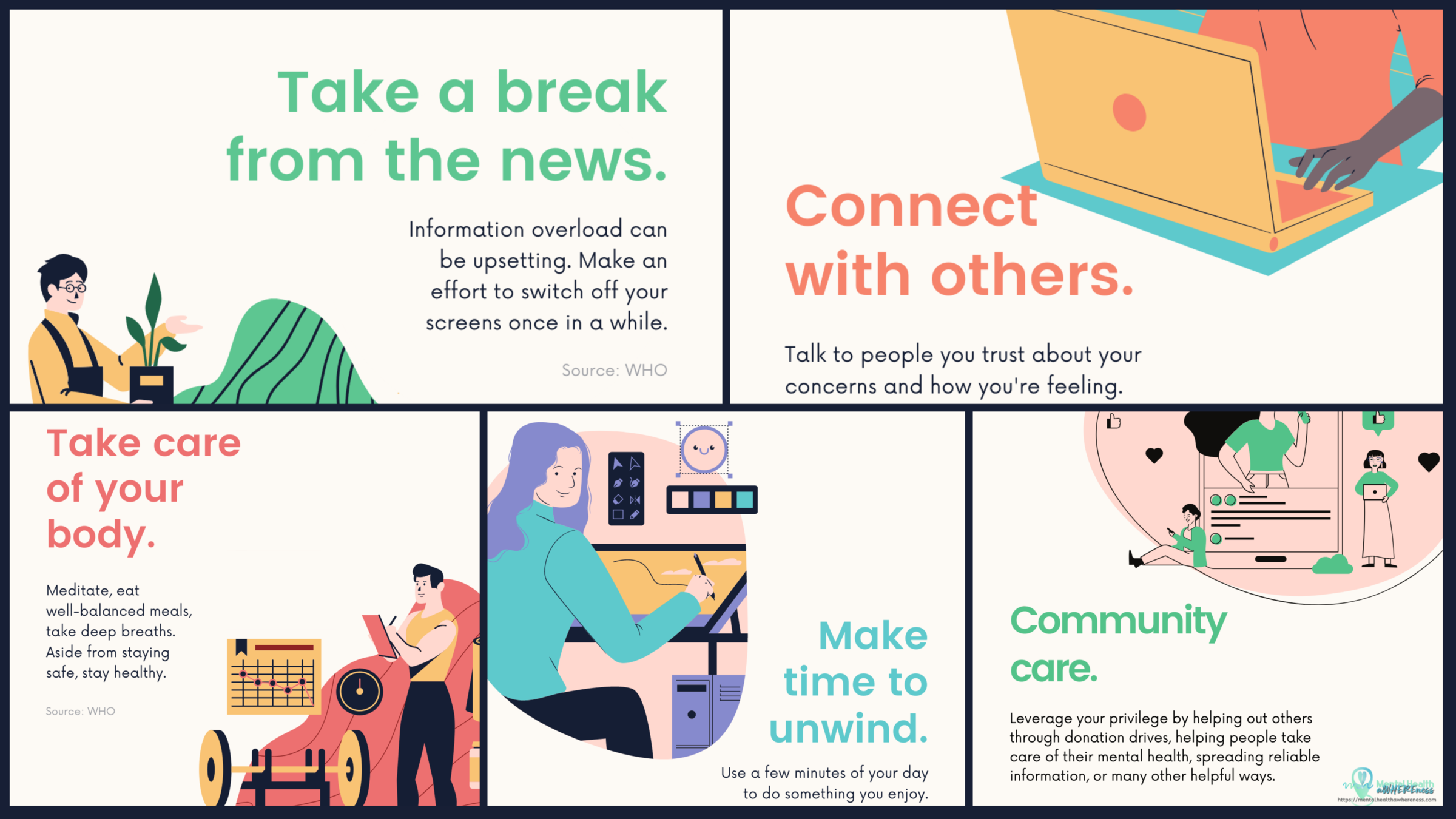
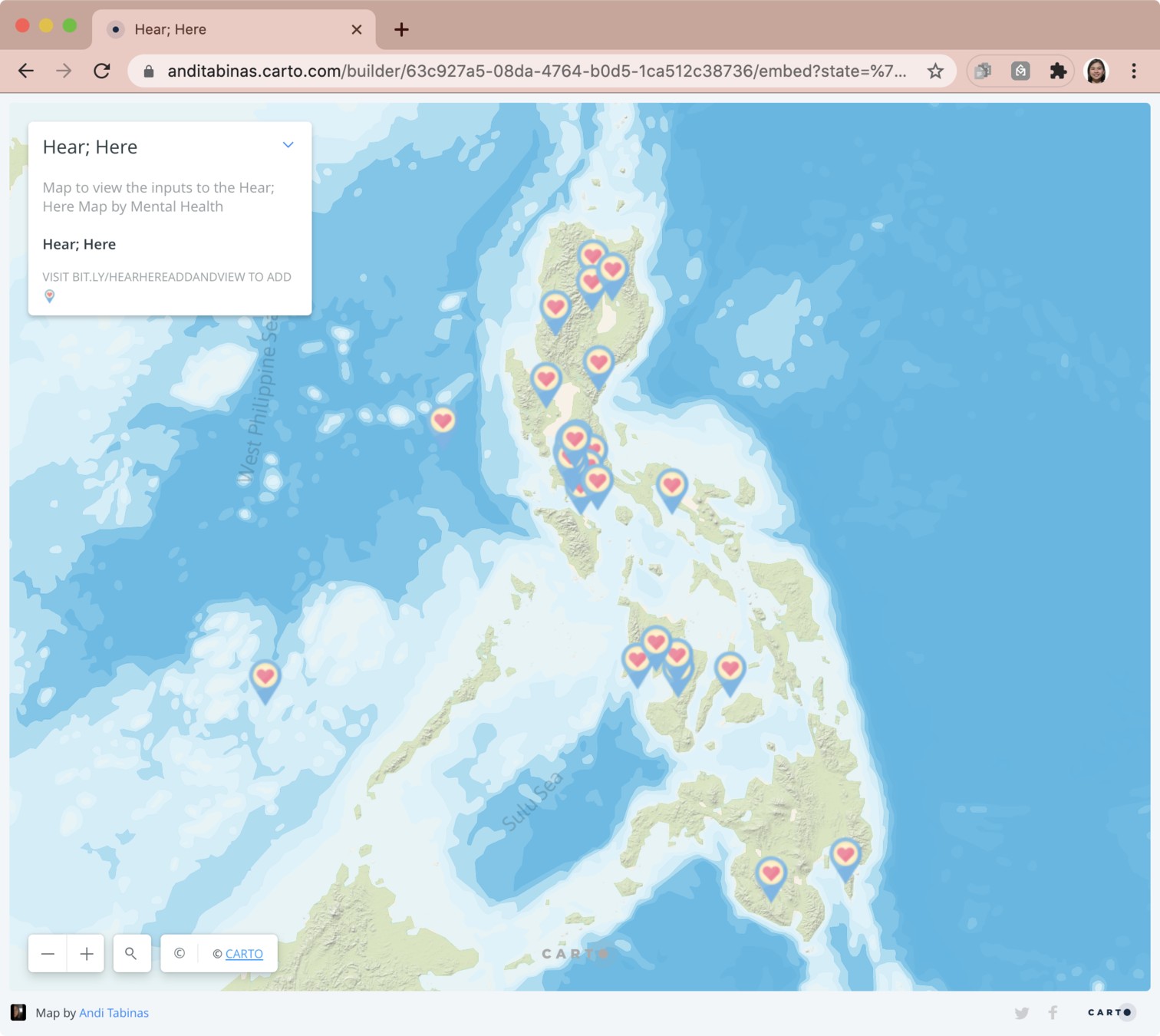
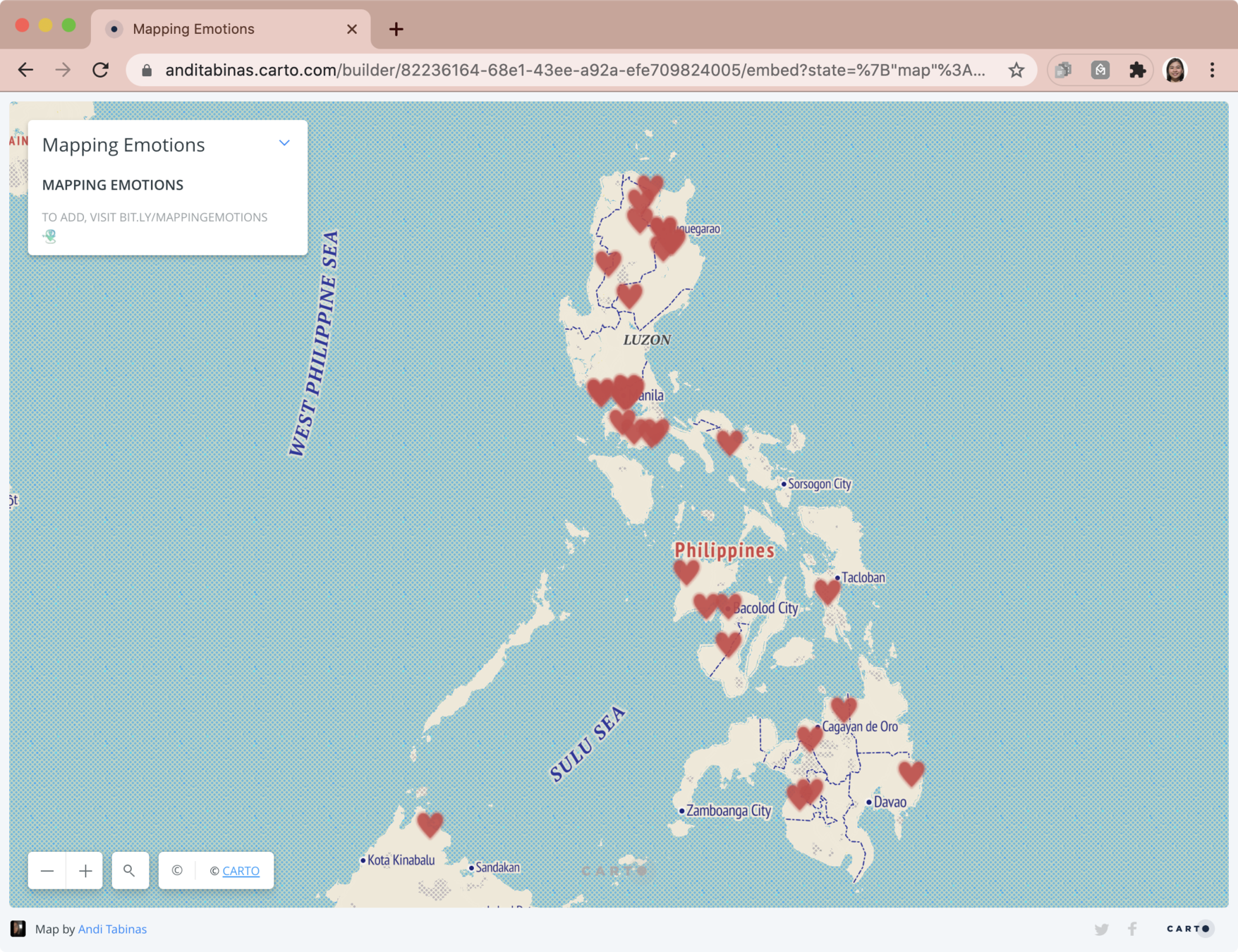
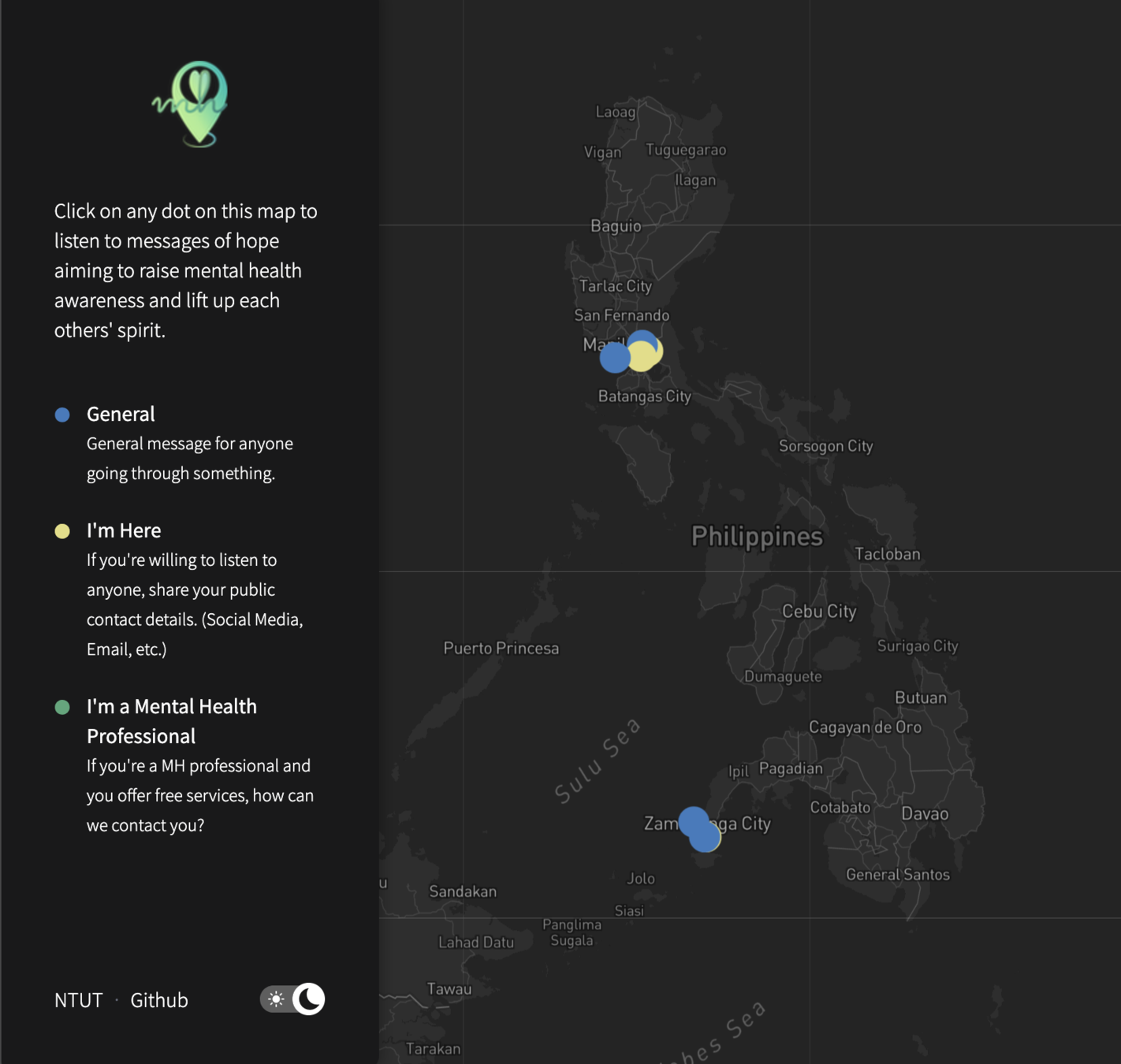
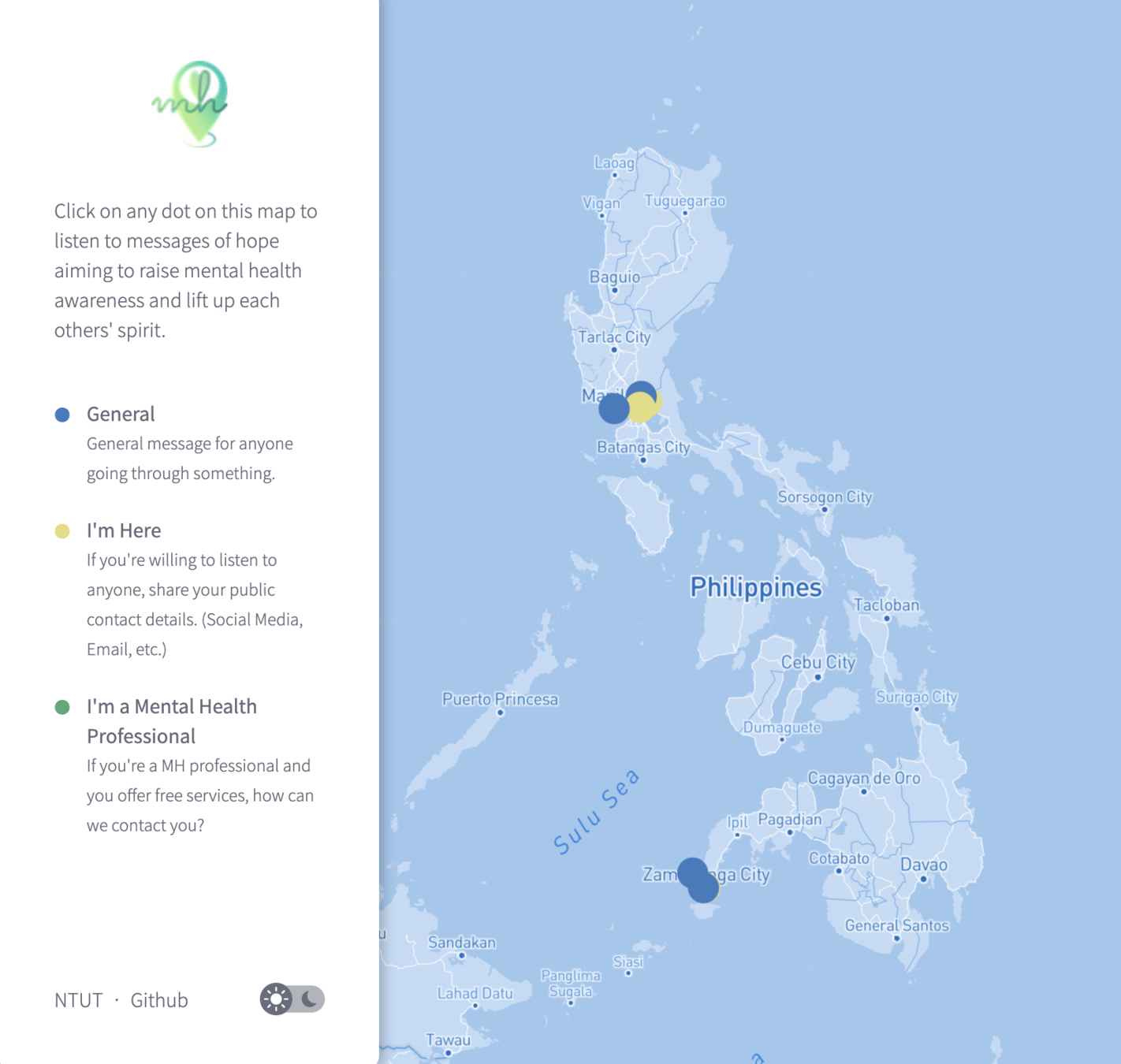

How can we help others cope with stress during the Pandemic?

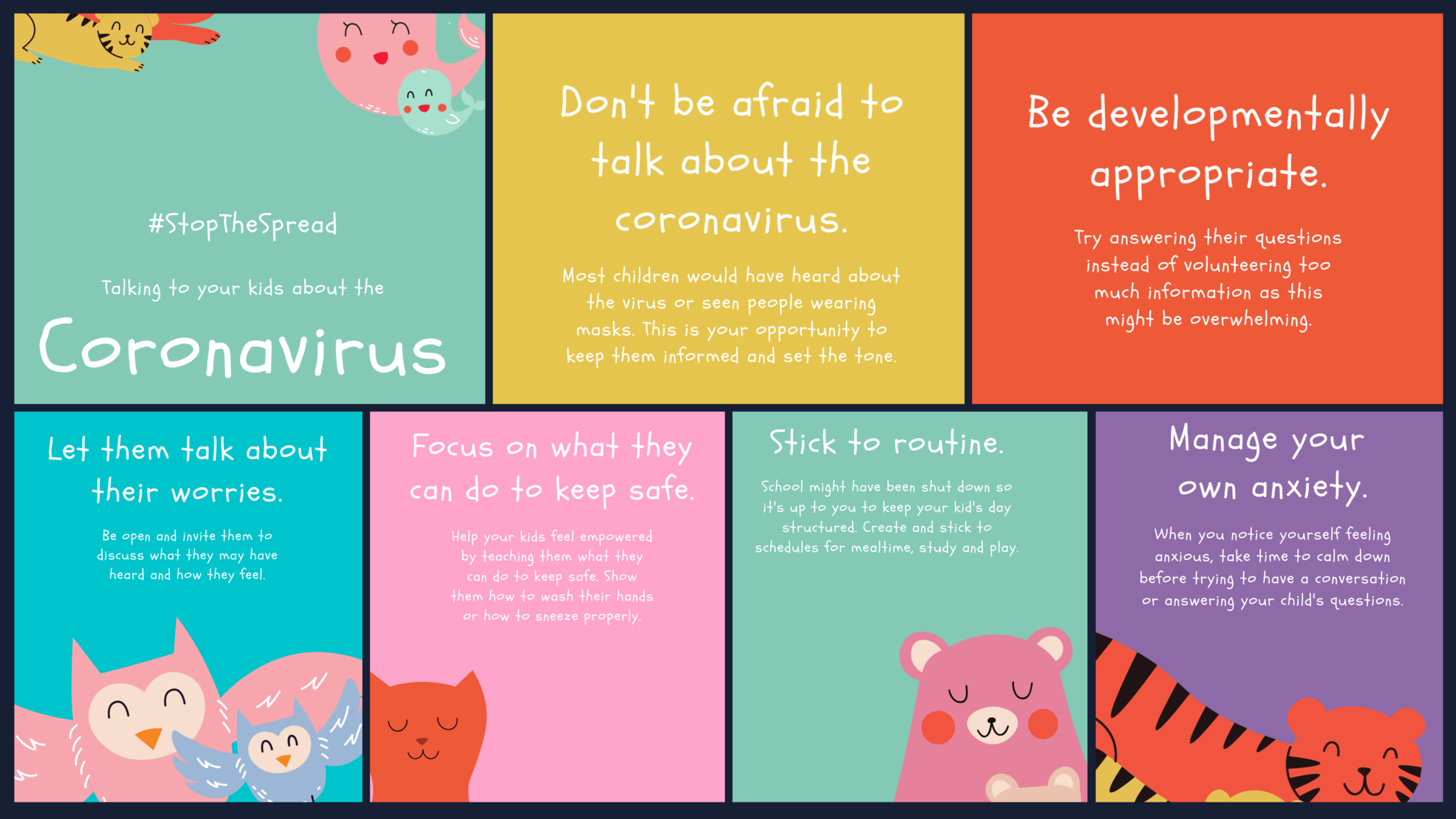

HELPING OLDER ADULTS COPE WITH STRESS DURING THE COVID-19 OUTBREAK
Older people may have limited access to messaging apps, like Viber, WeChat, Telegram, Facebook Messenger, etc.
-
Provide older adults with accurate accessible information and facts about the COVID-19 outbreak, the progression, treatment, and effective strategies to prevent an infection.
-
Information needs to be easily accessible (i.e. clear, simple language, large font) and come from multiple trusted (media) sources (public media, social media and trustworthy health care providers) to prevent irrational behavior such as stocking of non-effective medical herbs.
-
Encourage family or friends to call their older relatives regularly and teach older people how to use video(chat).

HELPING OLDER ADULTS COPE WITH STRESS DURING THE COVID-19 OUTBREAK
Teach older people simple physical exercises to perform at their home/in quarantine to maintain mobility and reduce boredom.

How to support someone with a mental health problem
Know the signs.
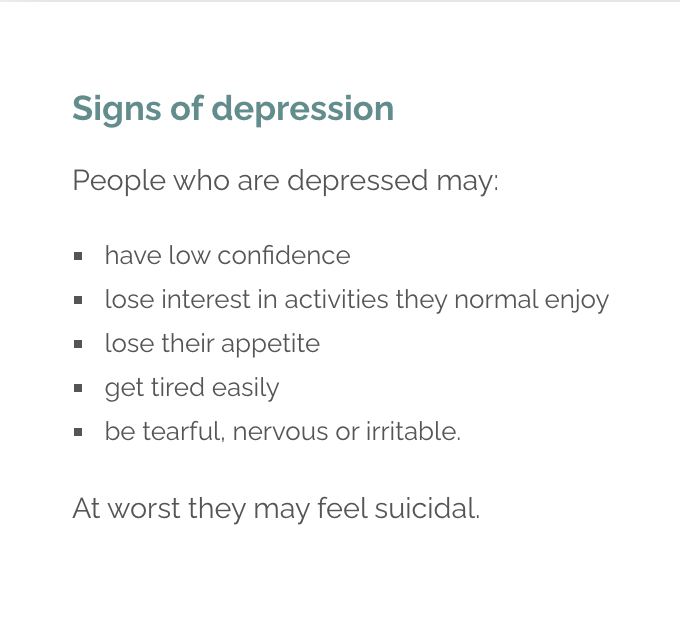
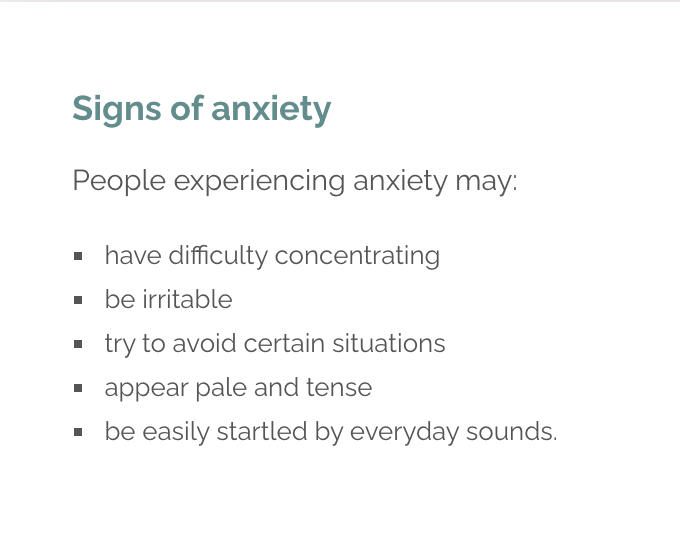
https://www.mentalhealth.org.uk/publications/supporting-someone-mental-health-problem
Talk to them.

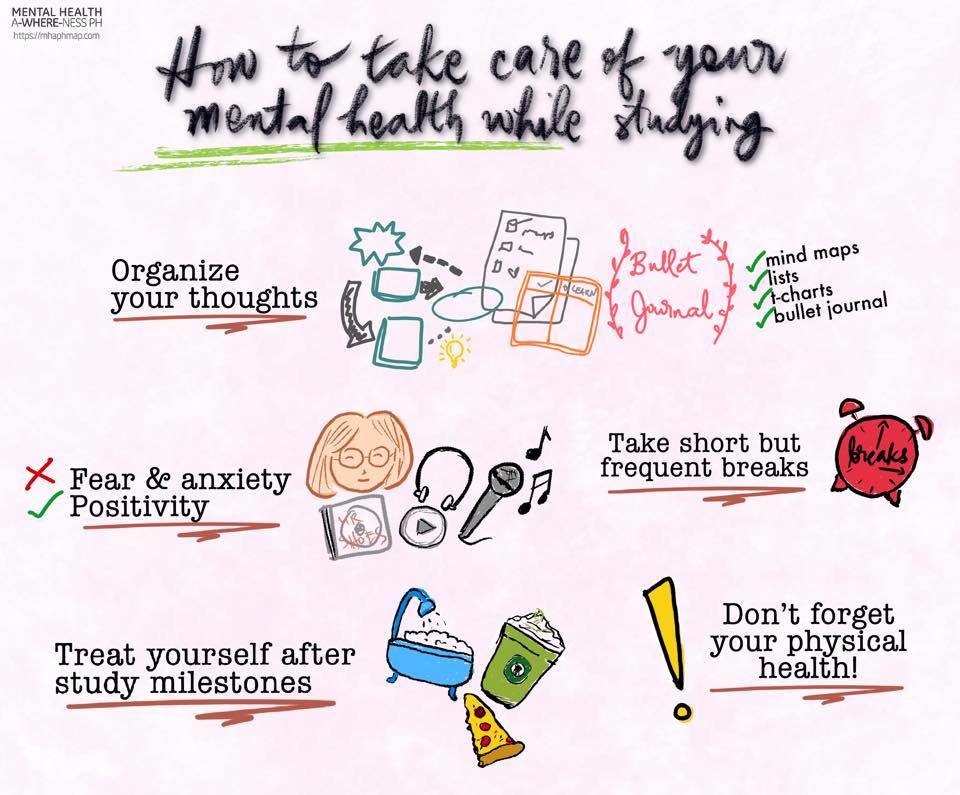

Mental Health AWHEREness aims to promote mental health awareness through information, education, communication, and mapping of available mental health services and their corresponding important information that would help and encourage people to seek mental healthcare without telling others until they are ready to do so; and to tell decision-makers where more mental health services are needed.
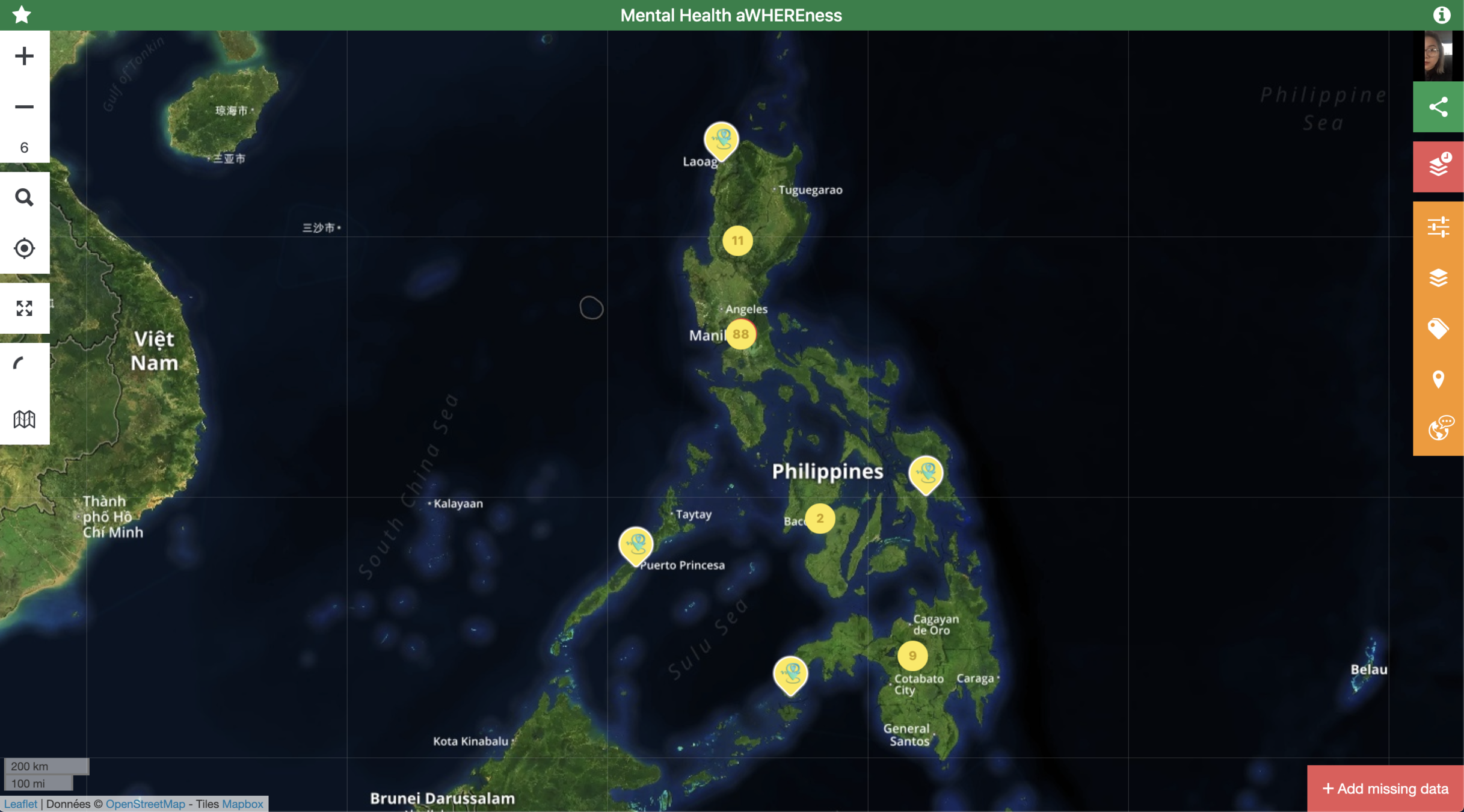
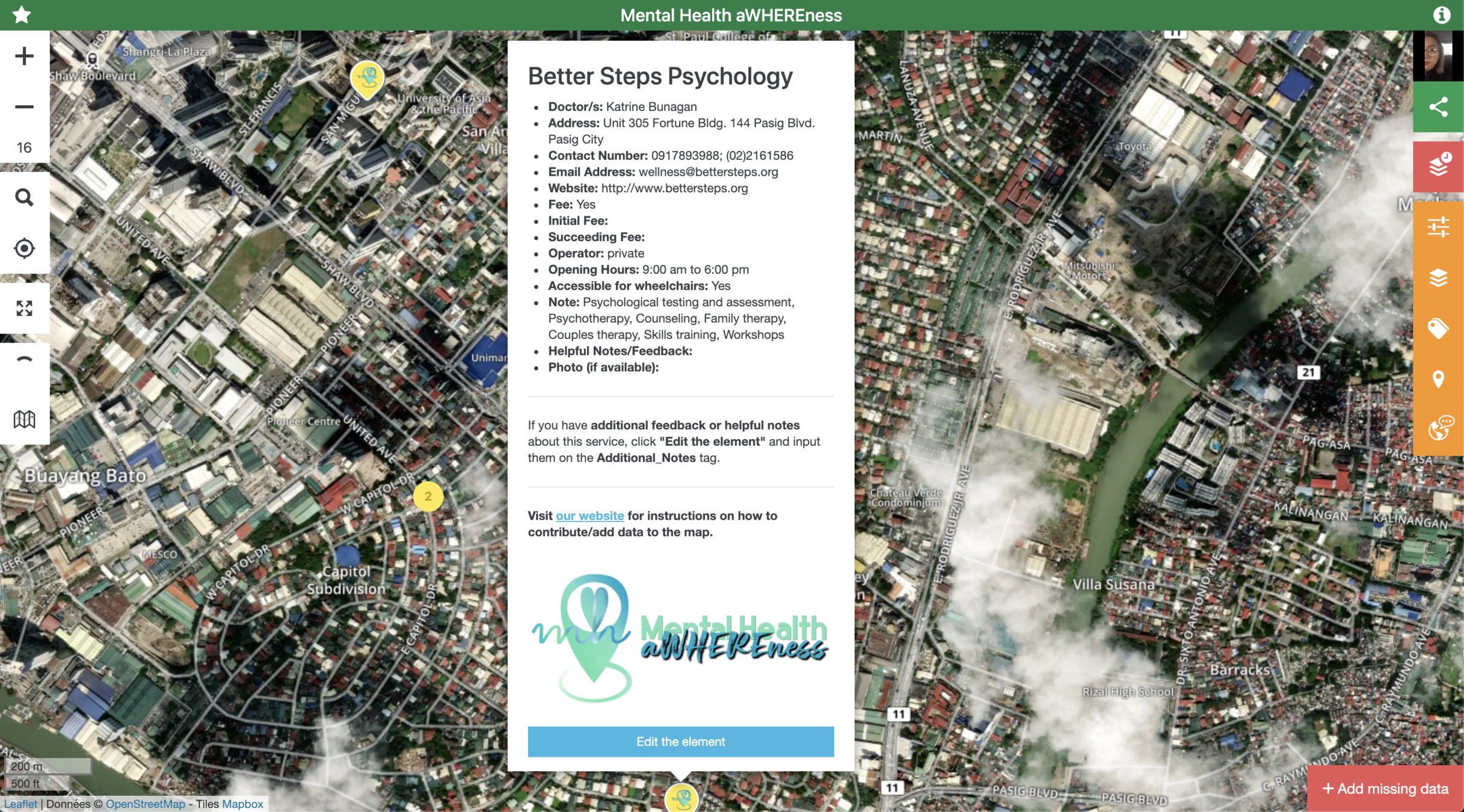
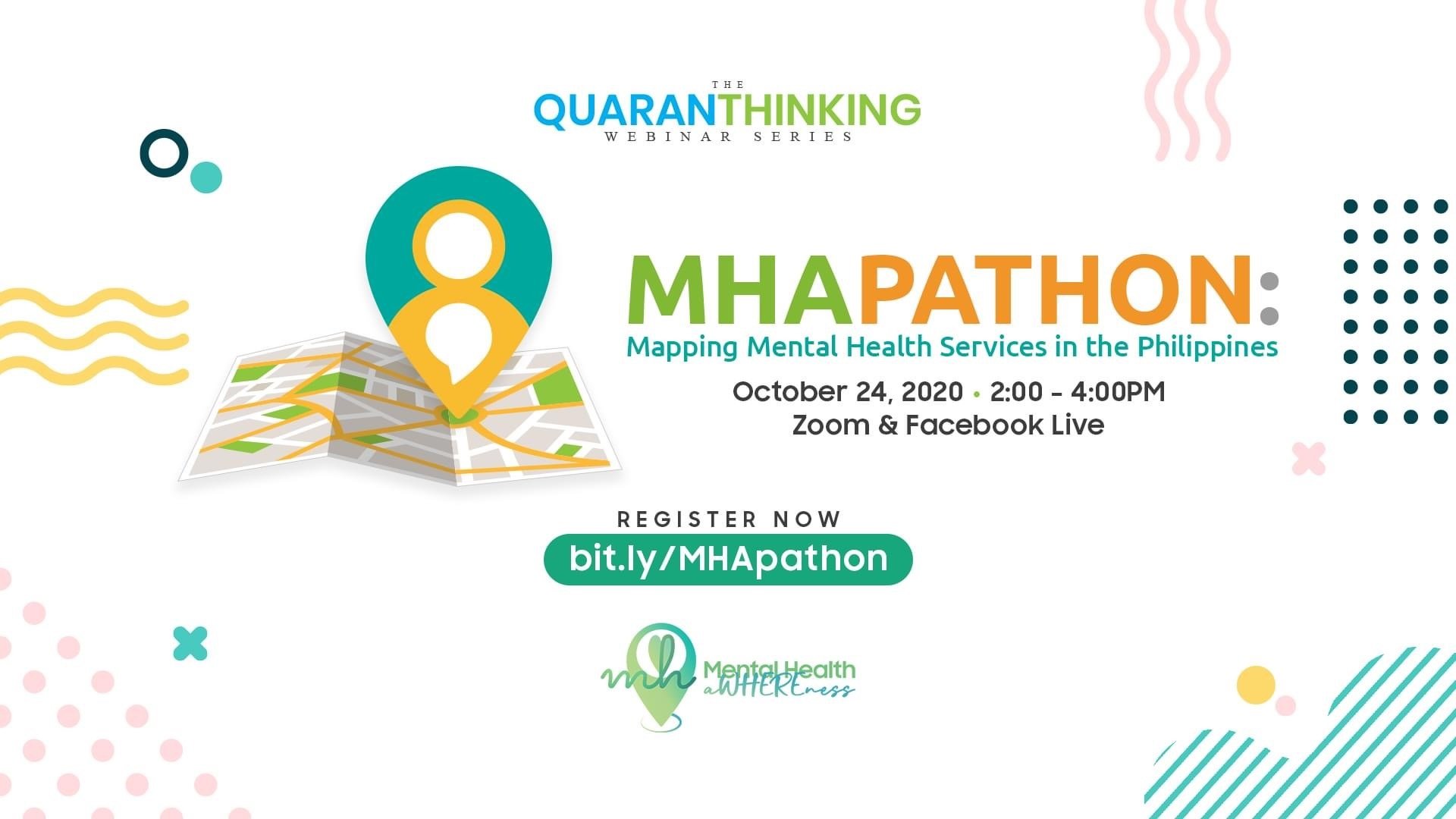
Mental Health 101
By Andi
Mental Health 101
- 738
